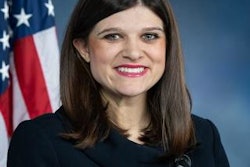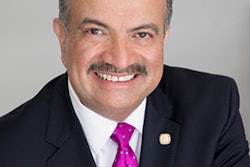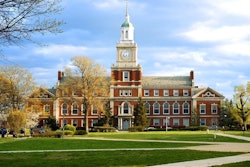NEW YORK — As a conservative student at Columbia University in the mid-1980s, Supreme Court nominee Neil Gorsuch was a political odd man out, and he was determined to speak up.
“It is not fashionable at Columbia to be anything other than a pro-Sandinista, anti-Reagan” protester, the then-sophomore wrote in a campus newspaper. “Only in an atmosphere where all voices are heard, where all moral standards are openly and honestly discussed and debated, can the truth emerge.”
Gorsuch often sounded those themes — a call for intellectual diversity and open debate, coupled with a dismissiveness of protesters — as he became one of the right’s most outspoken, though nuanced, voices on the Manhattan campus. He co-founded a conservative newspaper, wrote for the main campus daily and ran for the university senate.
The Denver-based federal appellate judge also displayed a sense of humor back then, not unlike the late Antonin Scalia, the justice he could replace as President Donald Trump’s candidate for the high court.
“The illegal we do immediately, the unconstitutional takes a little longer,” reads the Henry Kissinger joke that appears beside Gorsuch’s 1988 yearbook photo.
In his college writings, Gorsuch took on many of the most controversial issues of the day. He defended then-President Ronald Reagan early in the Iran-Contra scandal – secret dealings to sell U.S. arms to Iran and funnel proceeds to Contra rebels fighting Nicaragua’s Marxist Sandinista government. Yet Gorsuch also faulted Reagan’s foreign policy as indecisive.
In an era of anti-apartheid student activism that sought to pressure universities to sell investments in South Africa-related businesses, Gorsuch cautioned that divestment could harm the university’s endowment and scholarships, while calling the cause “unquestionably an honorable one.”















